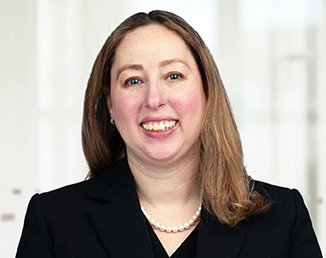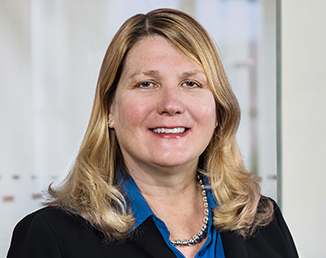Massachusetts Paid Family and Medical Leave Act Provisions Go Into Effect on January 1, 2021
Beginning on January 1, 2021, all Massachusetts employees will be eligible for paid family and medical leave benefits under the Paid Family and Medical Leave Law (PFML). The PFML was enacted as part of the so-called Grand Bargain legislation in 2018, and the benefits afforded under the PFML are funded by employees, employers and the self-employed through a payroll tax. The PFML applies to all employers in Massachusetts, regardless of the employer's size or revenue.
The PFML provides employees and specified contractors who work in Massachusetts with leave and wage replacement benefits in certain circumstances. Such covered workers may be eligible to take up to 26 weeks of paid leave for medical or family reasons in a benefit year. Family leave may not exceed 12 weeks in a benefit year, medical leave may not exceed 20 weeks in a benefit year, and family and medical leave combined may not exceed 26 weeks in a benefit year. The PFML also allows covered employees to use leave benefits intermittently. Leave taken under the PFML runs concurrently with leave under the federal Family and Medical Leave Act (FMLA), the Massachusetts Earned Sick Time Act, and the Massachusetts Parental Leave Act when leave is taken for a qualified reason under those laws.
Covered employees may take paid medical leave to manage their own serious health condition. They may also take paid family leave to bond with their child during the first 12 months after the child's birth, adoption or foster-care placement. Paid family leave may also be used to care for a family member who has suffered a serious health condition while on active military duty or to manage family affairs while a family member is called to active military duty. Finally, covered employees may take paid family leave to care for a family member who is suffering from a serious health condition (this benefit goes into effect on July 1, 2021). Employees seeking wage replacement benefits under the PFML must submit claims through the Massachusetts Department of Family and Medical Leave (the FML Department), which will accept, process and pay covered employees' claims for wage replacement benefits.
Under the PFML, a covered employee will receive a weekly benefit payment that is based on the employee's earnings and is capped at $850 per week (the FML Department is authorized to consider increasing this cap each year going forward). There is a seven-day waiting period before a covered employee may receive any weekly benefit payments under the PFML.
In some cases, covered employees' PFML benefits may be less than their regular wages. In such circumstances, employees may not "top off" their PFML benefits with accrued sick leave, vacation time or paid time off to pay the difference between the employees' PFML benefits and regular wages. Although employers are not obligated to offer their own paid leave policies, an employer may pay the difference between an employee's PFML benefits and regular wages under a leave benefit policy so long as the employer does not apply the employee's accrued sick leave, vacation time or paid time off in making such payments. Employers who elect to top off their employees' PFML benefits are not entitled to reimbursement for any such payments from the FML Department. In addition, covered employees who have taken leave under the PFML are entitled to reinstatement to the same or an equivalent position upon return to work.
The PFML is different from the FMLA in several key respects. In addition to the fact that leave benefits under the PFML are paid, while those under the FMLA are not, the PFML applies to all Massachusetts employers, whereas the FMLA applies only to employers with 50 or more employees. The PFML and the FMLA also have different employee eligibility requirements. To be eligible for paid leave under the PFML, employees must have earned at least $5,100 over the previous 12 months. In contrast, FMLA eligibility requires that employees have been working for their employer for at least 12 months and have worked at least 1,250 hours during that time.
Earlier this year, the FML Department released final regulations implementing the PFML program. These regulations include various definitions that outline the scope of benefits afforded under the PFML and impose certain notice requirements that establish timelines for submitting benefit applications. The FML Department recently created various forms and a resource guide (available here) to assist employers in complying with the PFML, and it has issued a workplace poster (available here) with information about the PFML that employers must post in their workplace. The FML Department has developed a sample notice (available here) to covered employees that employers may use to comply with the PFML's requirement that employers provide their employees with written notice of the benefits available under the PFML. Employers must request a written acknowledgement of receipt of the notice from each covered employee. The FML Department also has issued a medical leave certification form (available here) that covered employees must complete and submit when applying for medical leave benefits under the PFML.
Massachusetts employers should ensure that their policies comply with the PFML and the FML Department's newly issued regulations. Employers also should consider enacting a stand-alone PFML policy or incorporating PFML benefits into their existing policies regarding leaves of absences, time off and wage replacement benefits.







